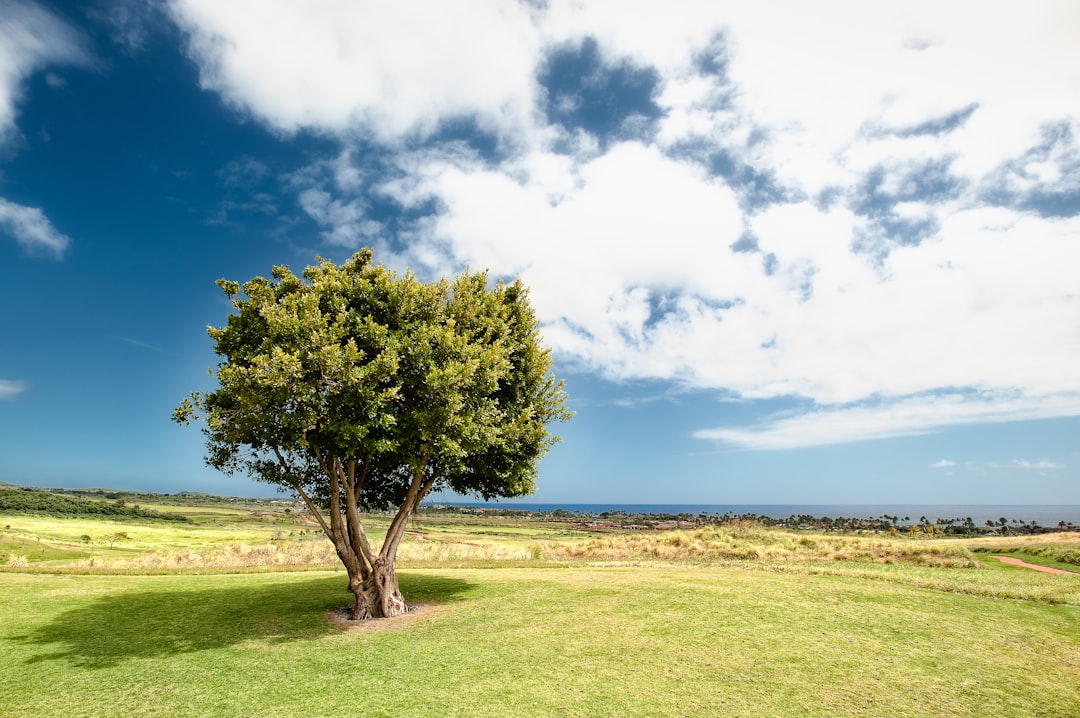Metaphysical Truth and Aletheian Truth
The "to-be-thought" and the "thingness of things"
Welcome! This post is free. If you are a free subscriber, consider an upgrade to support my work and view all posts in this newsletter. Thank you for being here!
Shawn Loht published an excellent paper on Academia. The focus was on Heidegger's lectures on Heraclitus which I am reading now. It gave me much to reflect upon in my efforts to come to terms with truth as metaphysics (traditional) and truth as "Aletheia" (Heidegger).
Heidegger sees Heraclitus as the inception of Western philosophy. Relying only on fragments from Heraclitus' writings, Heidegger sees that what is behind the ancient philosopher's thinking is "seeking the matter ‘to-be-thought'." This is a profound observation. Only later, through Plato and then Aristotle, did thinking turn into a dominant metaphysical focus on "the thing" rather than that which the thing unconceals as the "to-be-thought." Heidegger's complaint is that this shift set everything off course after Plato and Aristotle. The Western world locked itself into thinking about the "thingness of the thing" for two-thousand years and forgot about the "to-be-thought" unconcealed by the thing.
For example, when we turn our eyes to an imposing, regal tree in a beautiful meadow, we can contemplate it in two ways. First, we can meditate on the "treeness of the tree." What constitutes a tree? What is the form of the tree? What are the genus and species? What is the unchanging, eternal substance of a tree? This is metaphysics initiated by Plato and Aristotle.
Secondly, we can contemplate what the tree is "giving" us as unconcealment. The tree "speaks" to us in its majesty. Its branches push out in all directions "lighting up" a breathtaking meadow wherein the tree sits. The tree opens us to a stunning panorama of other trees, meadows, flowers, rivers, and snow-capped mountains in the distance. We are not creating this beauty. It is not a result of our Cartesian "theater of the mind" where we think "it's true for me, but that does not mean it's true for you!" The panorama is what it is, and you are receiving it as a gift, phenomenologically. Certainly, we each might find our own meaning in the panorama, but the panorama is what it is outside of us, and the tree gifts it to us.
This is what Heidegger calls "inceptual thinking." Thinking the "to-be-thought" (the gift) requires inceptual thinking (contemplating the gift in wonder and astonishment). This thinking is not an act of cognition such as creating an Aristotelian syllogism to determine the "treeness of the tree." Metaphysics requires an act of cognition. Inceptual thinking is the reception of a gift. Heidegger, following the lead of the pre-Socratics, refers to this gift as "Aletheia" or "truth."
This is the door Heidegger opened with stunning insight. The early pre-Socratics, such as Heraclitus, understood truth as Aletheia, the emerging (physis) of inceptual understanding. Later, the Western world took hold of the metaphysical acts of cognition regarding "things," and for two-thousand years, used that as the basis of "truth."
Aletheian truth and metaphysical truth are both truths. I have yet to read in Heidegger's own words that metaphysics is not truth. True, he does say in Introduction to Metaphysics that we must "destroy" metaphysics, but that is because we must set them aside to rediscover the wonder and astonishment of aletheian truth. "Destroy metaphysics" in Heidegger's language does not mean "metaphysics is not true." It means more accurately that we must "bracket" metaphysics to see the world as more than the "thingness of the things." The world is the gift that offers astonishment.


